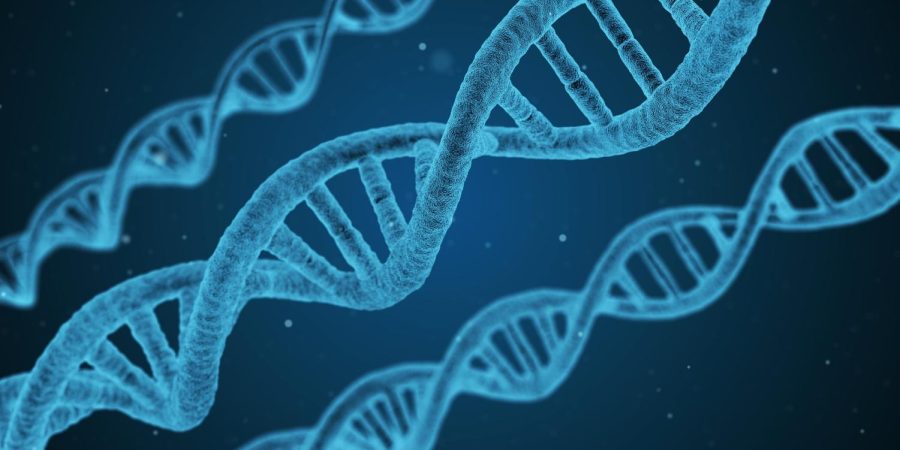Are Genetically Engineered Babies a Step Too Far?
Though it started as a noble effort to develop gene editing, recent uses of the renowned tool CRISPR have opened society up to a plethora of ethical issues. Initially, the idea of CRISPR was to remove, add or otherwise edit genes to curb the transmission of serious illnesses, like malaria and cholera. Through the deletion of these “problematic” genes, scientists hoped to create disease-resistant offspring and eventually introduce these resistant genes into the rest of the population. However, this is a slippery slope.
Though scientists might only want this technology and similar technologies that are being developed to be used only for health reasons, there is room for this science to be abused.
Designer babies, for one, are the clearest example. Humans, Americans in particular, are concerned with being the best of the best, and have a pretty horrific track record of ruining things in their natural state in order to achieve this elusive “perfect” life. So with gene editing technology now making its way into human reproductive trials, why would we as a society just stop at medical necessity? Parents could theoretically pay to make their children Harvard-level geniuses with the athletic ability of Michael Phelps. Or perhaps they could genetically engineer the next Van Gogh or Leonardo da Vinci. You can even get as vain as deciding what color eyes your child could have, how short or tall they would be or even the color of their hair and the speed with which it grows. Simply put, there is no limit to this kind of technology.
Sure, many of these potential negative implications would only exist if the science behind gene editing continues to develop, but at the rate of current technological and scientific advancements, this future is by no means unlikely. Gene editing technology would become the societal elite’s new bread and butter. Only those in the most favorable of economic conditions would be able to essentially “upgrade” their children to the point where they were devoid of human flaws.
And at that point, these children wouldn’t be human anymore.
Setting aside the countless yet-to-be documented side effects that might result from gene editing, CRISPR and similar technologies pose a great threat to society if they become mainstream. It would only strengthen the imbalance of power between societal classes, and it would create many perfect-on-paper children that would lack the originality and randomness that comes with the traditional gene-rearranging during reproduction. Part of what makes life what it is are the elements of error and randomness. Gene editing wouldn’t immediately eradicate this, but over time it certainly would.
The way things currently are, CRISPR has changed the playing field in an irreparable way. There are already social groups that experience a higher likelihood of genetic disease due to geography, culture and poverty. And CRISPR is not being used to address those disparities currently, nor is it likely that medical-tech companies with technologies would use CRISPR for these reasons. Gene editing will go where the money is, and the money is with the rich and elite. Therefore, any healthcare inequities we currently have will not be solved by CRISPR. Instead, they will worsen.
Certain applications of human genetic technologies pose clear dangers, and CRISPR is no exception to this. In the context of enormous detention centers housing a million or more individuals, the Chinese government is forcibly collecting DNA from Uighurs and other minorities. Huge DNA databases have also been amassed by private companies, who market gene testing to naïve customers under the pretense that “what makes you, you” may be found in your genes. These concepts are encouraging the resurrection of the debunked notion that race is a biological rather than social characteristic, which is unquestionably a risky trend in an era of toxic racism and escalating xenophobia.
This is not to say that gene editing is synonymous with eugenics. There are clearly a variety of uses for this kind of technology, and its regulated implementation in the medical sector would undoubtedly yield positive results. However, unless strict regulations can be put into place, this technology should remain under lock and key, or humans stand to face an ethical and societal crisis unparalleled to anything we have experienced before.
Carolyn Branigan, FCRH ’24, is an English and film & television major from Tinton Falls, N.J.










































































































































































































